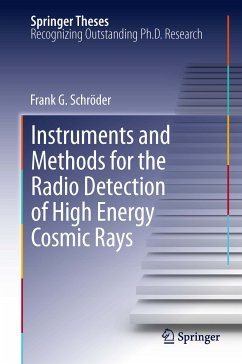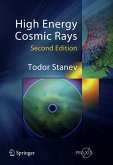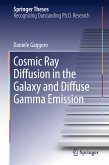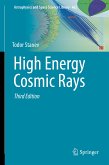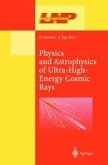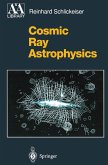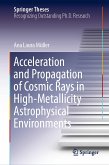Cosmic rays consist of elementary particles with enormous energy which originate from outside our solar system and constantly hit the Earth's atmosphere. Where do these cosmic rays originate? How does nature accelerate the cosmic-ray particles to energies with orders of magnitude beyond the limits of manmade particle accelerators? What can we learn by measuring the interactions of the cosmic rays with the atmosphere? Digital radio-antenna arrays offer a promising, complementary measurement method for high-energy cosmic rays. This thesis reports on substantial advances in the development of the radio technique, which will be used to address these questions in future experiments.
Dieser Download kann aus rechtlichen Gründen nur mit Rechnungsadresse in A, B, BG, CY, CZ, D, DK, EW, E, FIN, F, GR, HR, H, IRL, I, LT, L, LR, M, NL, PL, P, R, S, SLO, SK ausgeliefert werden.

